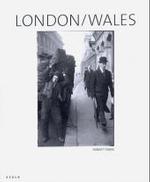- ホーム
- > 洋書
- > 英文書
- > Politics / International Relations
Full Description
This work looks at competing, overarching, guiding principles for American foreign policy in the post-Cold War era, not only by delineating these belief systems but also by linking them to current foreign policy actors in Congress and the executive branch.







